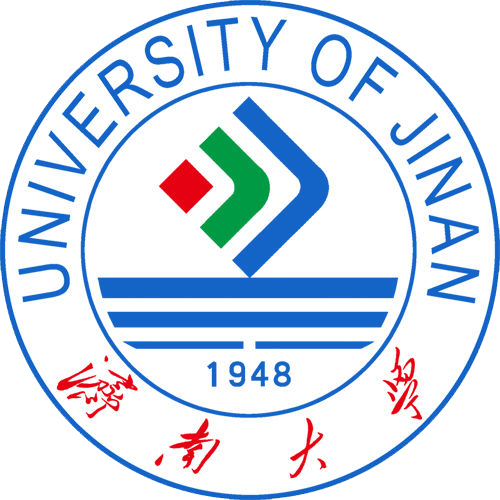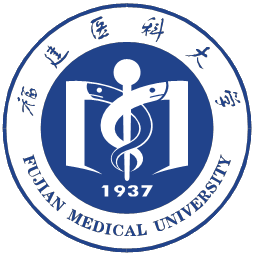
 Introduction
Introduction About the Program
About the Program
Introduction
Oncology is a branch of medicine that deals with cancer. A medical professional who practices oncology is an oncologist. Oncology is concerned with: The diagnosis of any cancer in a person; Therapy (e.g. surgery, chemotherapy, radiotherapy and other modalities); Follow-up of cancer patients after successful treatment; Palliative care of patients with terminal malignancies; Ethical questions surrounding cancer care; Screening efforts:
Specialties There are several sub-specialties within oncology. Moreover, oncologists often develop an interest and expertise in the management of particular types of cancer. Oncologists may be divided on the basis of the type of treatment provided or whether their role is primarily diagnostic. Radiation oncology: treatment primarily with radiation, a process called radiotherapy. Surgical oncology: surgeons who specialize in tumor removal. Medical oncology: treatment primarily with drugs (e.g., chemotherapy). Interventional oncology: interventional radiologists who specialize in minimally invasive image guided tumor therapies. Gynecologic oncology: focuses on cancers of the female reproductive system. Pediatric oncology: concerned with the diagnosis and treatment of cancer in children Anatomical pathology: concerned with the definitive diagnosis of cancers of all types, for which treatment can be rendered by oncologists.
Degree Awarded Students are required to complete the curriculum and course, fulfill the designated number of credits.Successful candidates will receive a graduation certificate along with the Doctoral's degree, in accordance to the regulation of the Degree Awarding Committee.
Career Following completion of entry-level training, newly graduated medical practitioners are often required to undertake a period of supervised practice before the licensure, or registration, is granted, typically one or two years. This period may be referred to as "internship", "conditional registration", or "foundation programme". Then, doctors may finally follow specialty training in internal medicine if they wish, typically being selected to training programs through competition.
 About University of Jinan
About University of Jinan
Culinary Arts and Nutriology (Bachelor’s degree, 4 years)
Introduction
The speciality of culinary Arts and Nutriology is provided by School of Hotel Management, which is one of the bases to train food and drink management personnel in Shandong Province. Students who successfully complete the courses will be conferred bachelor’s degree, the highest level certificate that could be issued by a university in Shandong.
The speciality has 14 teachers, 3 of them being state-level food appraisers, and 5 provincial-level food appraisers. Awards won by professional teachers include Gold Cook in 2000 Chinese Cookery Contest, Silver medal in 2003 Cookery Contest, and the first place in Wheaten Food Cookery Contest.
The School of Hotel Management has won the Shandong Provincial Award for Contributor of Talent Training in Cuisine and Catering Industry in 2008, and was named National Excellency Training Center in Tourism and Hotel Industry in 2010.The school has cooperative relationship with some restaurants and hotels both in China and abroad which can provide enough practice bases for the students.
Main Courses
Introduction
The Spring semester of the program is from March to July; Autumn semester is from September to January.
Objectives
--- Enrich your life experience.
 Accommodation
Accommodation
Living on Campus
Introduction
Life on campus is very convenient and safe. Most Chinese students will choose to live in the dormitories on campus because of its reasonable prices, complete facilities and safe surroundings. Most of china’s universities provide international students dormitories for foreign students. Usually there are single-room, double-room and three-room dormitories for foreign students. The students can choose what they like. Most of the dormitories are equipped with necessary facilities including internet access, TV, basic furniture, toilet, telephone or even kitchens. Universities in the north also provide heaters in winter. As to the fees it is quite reasonable. However, the prices vary greatly from 20 RMB/day to 100 RMB/day determined by different universities and different types of dormitories.
Fee Structure
1.Accommodation fee:
Double Room: RMB 30/day RMB 4500/semester
Four-person Room: RMB 15/day RMB 2250/semester
3.Insurance: RMB 606/year; RMB 303/six months
4.Deposit for accommodation: RMB 500/year
5.Deposit for dorm room key: RMB 100/year
6. Textbook Fee: RMB 38/year
7. Bedding: RMB 400
8. Residence permit: RMB 400/year(pay at Entry Administration Bureau)
Living off campus
If you don’t like to live on campus, you can choose to rent a room near your campus or join a local homestay family. Rent a House, apartment or flat.
Most of the universities will allow foreign students to live off campus while you have to inform the university and get the permission from the university first before you make the arrangement. Some schools may have strict accommodation regulation for the sake of students’ safety so you may be required to go through some official forms to get the permission for living off campus.
Off Campus hotels (click the pics to enlarge)
Average Rents for off-campus living
Depending on different cities, here is the general rang of the price for renting:
One-bedroom apartment: RMB 800-2500 per month
Two-bedroom apartment: RMB 1000-4500 per month
What’s more, the price varies depending on the condition of the apartment, facilities/furnishings, and especially the location
 Fees
Fees Admissions Process
Admissions Process  Entry Requirements
Entry Requirements1. The acceptable applicants include students sent by the foreign educational institutions and legal non-governmental organizations and self-paid individuals from foreign countries.
2. Applicants must be non-Chinese citizens with a valid passport
 Application Materials
Application Materials1. application form
2. personal resume
3. scanned copy of passport
4. Graduation certificate or Master’s Degree
5. Master’s Degree Transcript
6. Study Plan in University of Jinan
7. Two letters of recommendation from two associate professors or higher
 Reviews
Reviews Scholarship
Scholarship
Tuition
Start Date